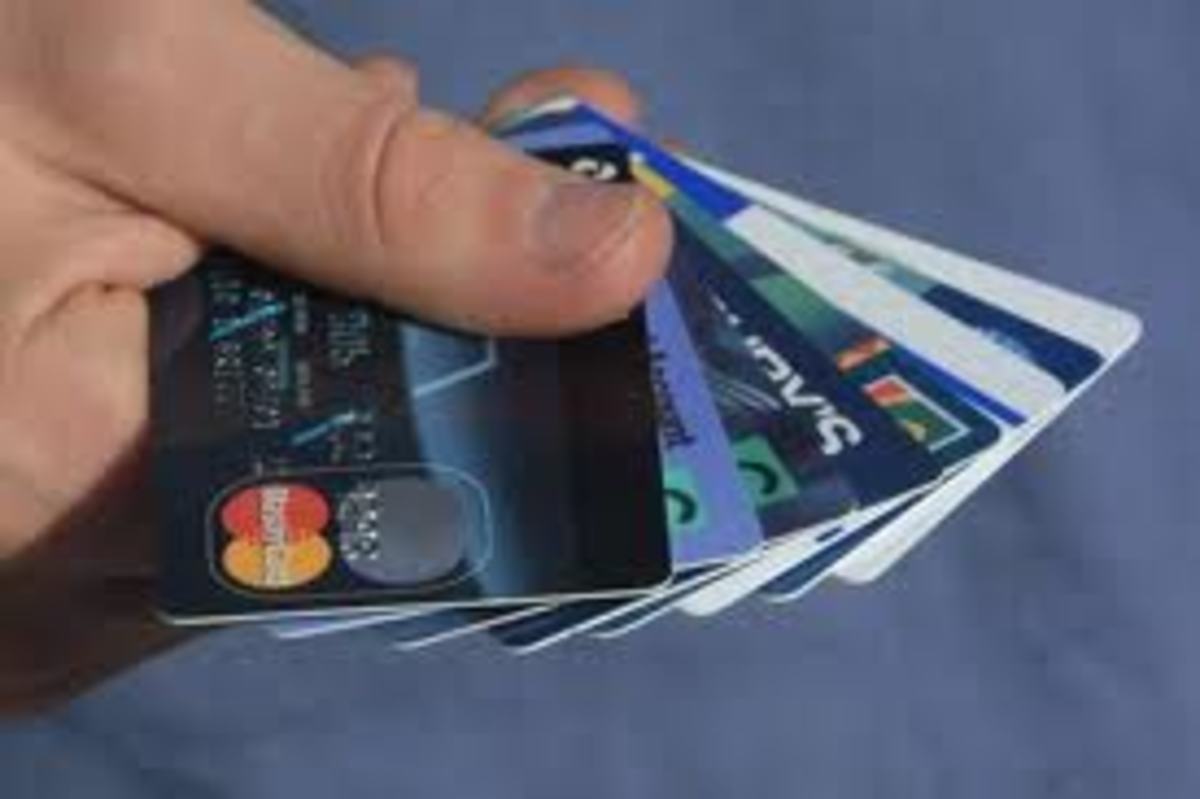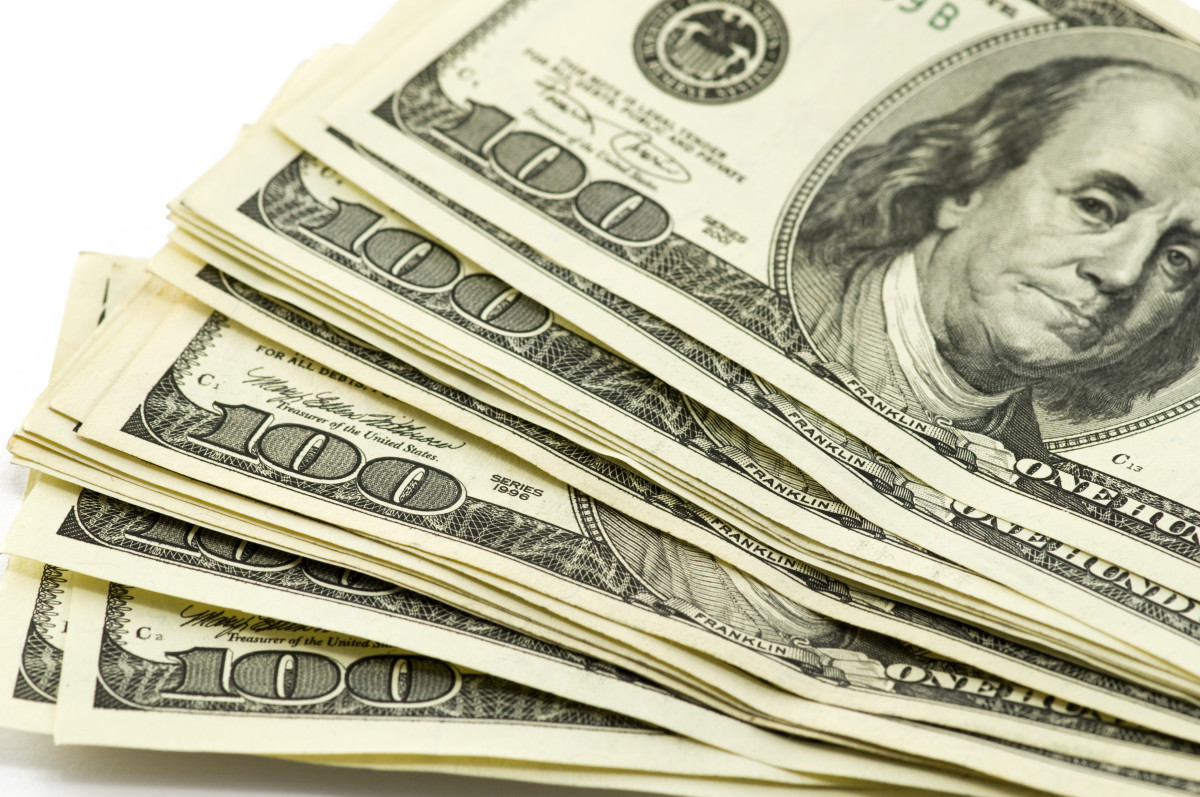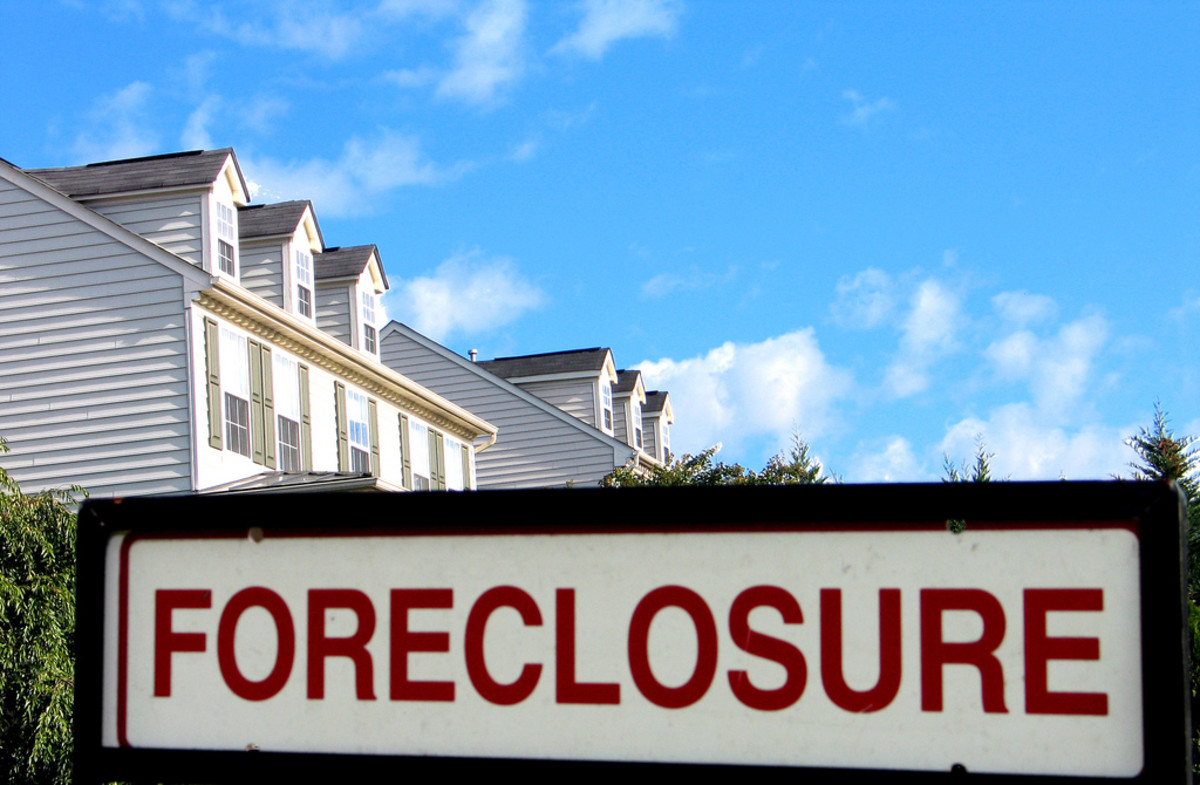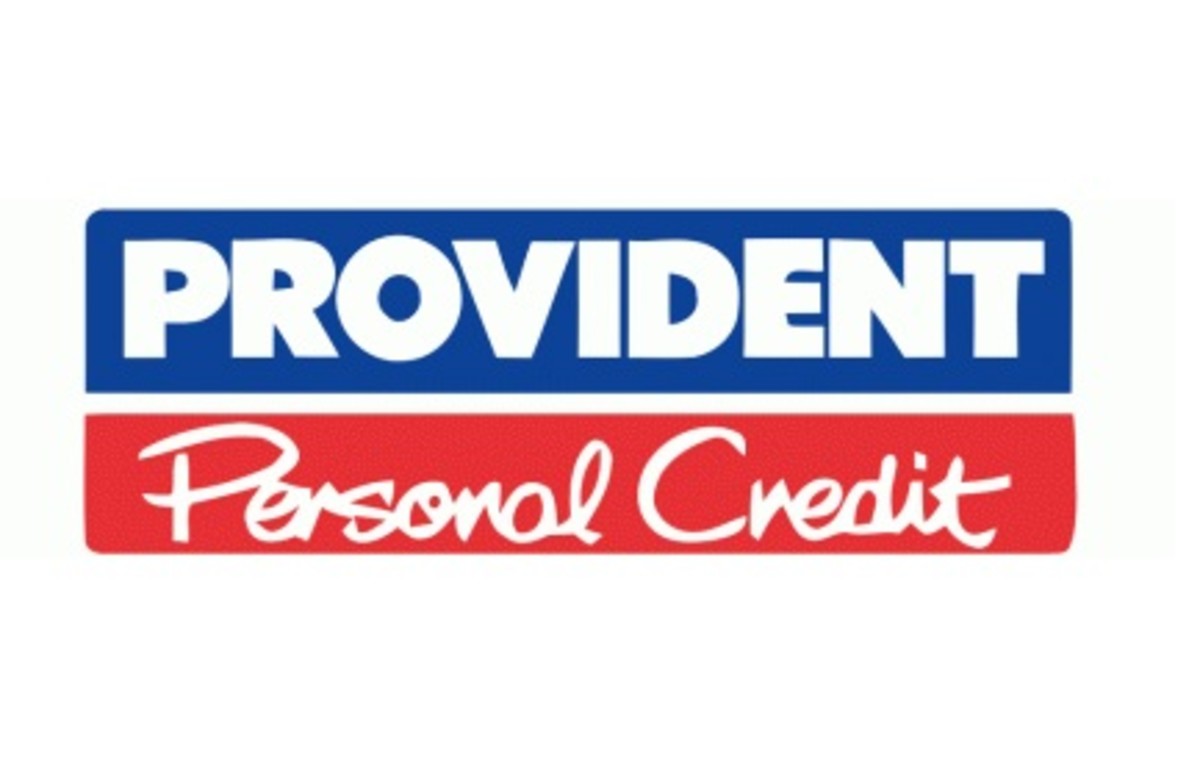Understanding Unsecured Loans
Understanding Unsecured Loans
Unsecured loans are loans in which the borrower does not require any assets or collateral to pledge against the loan. Generally seen as a safer alternative to secured loans, the money is loaned from the lender on good faith, based on the borrower's credit history, community reputation, and earnings potential. There is no assignment of collateral when the contract is signed. Instead, the borrower signs a promissory note that can contain specific terms and conditions on the loan payment requirements. In some cases, the lender may ask or even require that a co-maker (also called a guarantor) sign the note, promising to repay the debt if the original borrower defaults.
Unsecured Loans Can Be Very Beneficial
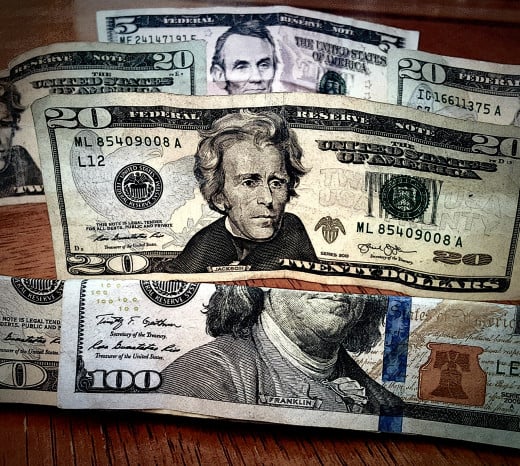
Benefits of Unsecured Loans
Unsecured loans can be applied to almost anything, including home improvements, college tuition, and even vacations! With an unsecured loan, you won't have to worry about risk to your personal assets being up for repossession should the loan be defaulted. The loans are made entirely on good faith through a written contract. Unsecured loans are paid out in a lump sum from the lender to the borrower and are repaid over a fixed number of payment installments (see time loans). The benefit of most unsecured loans is that you can lock in a fixed interest rate that will not change over the term of the loan contract. These kinds of loans are more popular than secured loans, mainly because risks are at a minimum.
Thanks to a drop in interest rates, unsecured loans have become much more accessible to individuals. Once overshadowed by secured loans, recent years have seen a shift towards unsecured loans with interest rates comparable to that of mortgage interest rates. When coupled with the short-term nature of unsecured loans, the combination makes for a very attractive loan option for anyone requiring additional assets for business or personal use.
Cornucopia of Cash, But Be Cautions.
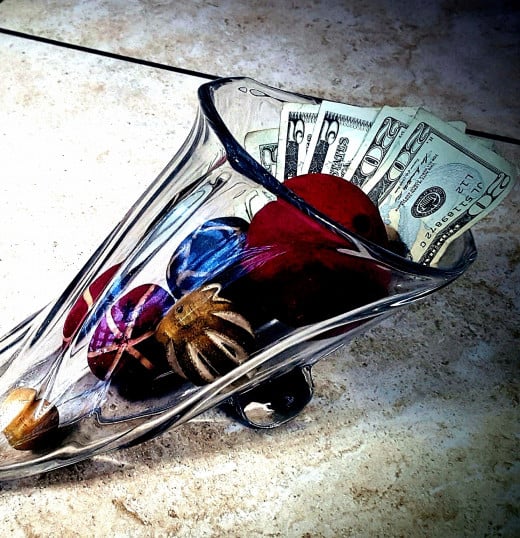
A Few Words of Caution
Don't just sign up for an unsecured loan with the first bank that approves you. Shop around for the best rate possible and don't focus solely on the APR. Instead, focus on the Total Amount Repayable (TAR) figure so you know the exact amount you'll pay for the loan over the course of the loan lifetime. By knowing the overall loan total, you can budget accordingly and prevent the hassles and credit nightmare that's associated with defaulting on a loan. It's also important to be wary of financial predators and sharks that will use obscure strategy to try to reclaim the loan money via the court system. If you have sole ownership of property or assets, creditors can go through the court systems with a charging order. If a judgment is enforced, your unsecured loan will be converted to a standard secured loan. This can mean bad news. The district judge will give you payment orders and force you to pay through installments or a onetime balloon payment. If you're unable to make the payments, you'll now risk losing your house and other personal assets!
As with any loan, the most important thing is to arm yourself with the knowledge of each loan type and the benefits and risks associated with each one. Unsecured loans certainly are a safer option over secured loans, but don't take that for granted. If you spend wildly and don't pay your loans on time and in good faith, you may find yourself with a converted secured loan and the potential loss of your possessions. My advice... pay your unsecured loans.
Stop Throwing Cash Down The Drain.
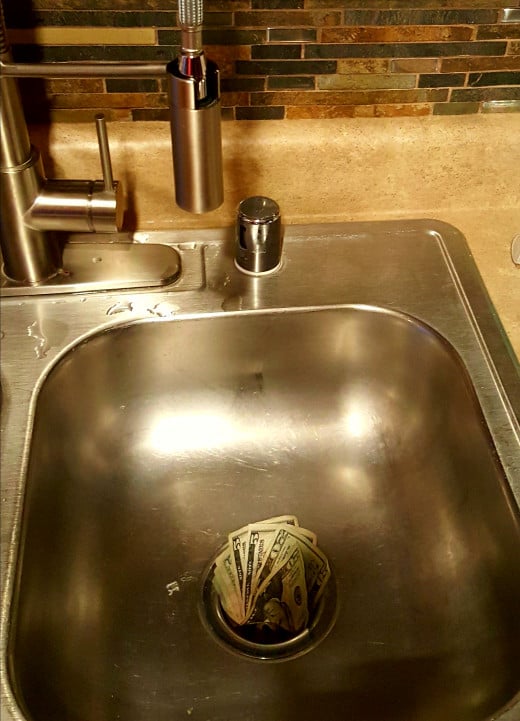
Sum up
As with any loan, repayment is going to be your number one concern. So be sure to do your homework and find the best lender with the lowest rates. Make sure you know the terms of your loan upfront. Check interest rates, see if they are variable or fixed. See when the loan needs to be paid back by. Check what kind of penalties there are for late payments. Don't sign any contracts until you understand the terms. Have the lender explain the terms to you. Only sign once you are satisfied with all the terms of the loan.
Once you have secured a loan, just make sure you pay it on time. Forgetting a loan payment could result in higher interest rates and additional fees. Missing payment can also do a lot of damage to credit reputation.
This article is accurate and true to the best of the author’s knowledge. Content is for informational or entertainment purposes only and does not substitute for personal counsel or professional advice in business, financial, legal, or technical matters.
© 2019 Jason Nicolosi

